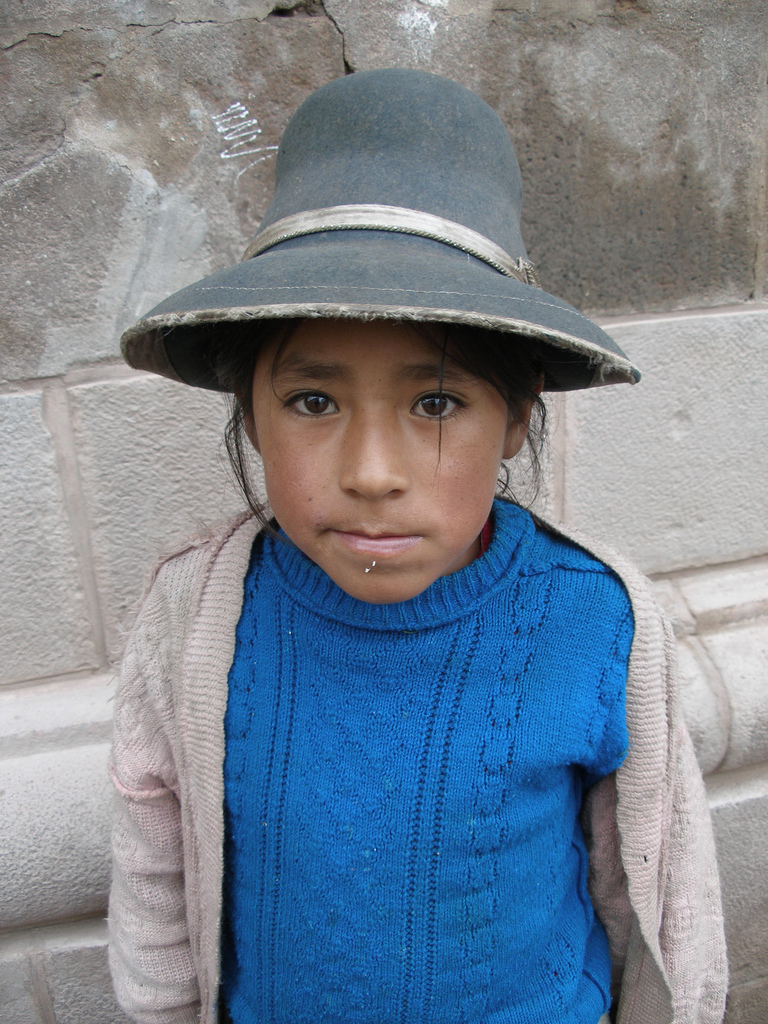Tag: Teaching advice
ESL Teaching Methods: Teaching Shy Kids
Just about everyone is shy sometimes. Especially in a new classroom, with a new teacher, a lot of kids need time to break the ice and get comfortable speaking up.
ESL Teaching Methods: Teaching Grammar Creatively
Grammar probably ranked pretty high on your list of least favorite subjects as a student. As a teacher, it can seem just as boring. When it comes to teaching ESL, though, you’re going to be spending a lot of time getting very familiar with the minute points of grammar, and then figuring out how to communicate those to your students.
Haley Williams, Teaching English In Shanghai, China
Reach To Teach is back again with another teacher interview for our readers. This time we spoke to Haley Williams who is currently teaching young children in Shanghai, China with her boyfriend. She made the incredible leap from the vast expanses of Alaska to the big city life of Shanghai.
Five Mistakes To Avoid On Your First Day Of Class
Whether you are a brand new teacher or have been in front of the classroom for years, the first day of a new class is crucial. It’s important to put in some thought and planning to start a new class off on the right foot. Avoid these five mistakes not to make on your first day of class and your school year will be off to a great start.
Blog Carnival: The Best Age To Teach
Teaching ESL abroad can bring you many different experiences, especially in the classroom. In general teaching is split into teaching with Adults (18+), kindergarten (0-6) or in between, generally around 6-17 years old. There are crossovers with the groups, some positions will have you teaching a mix, and what some countries consider kindergarten age will differ.
Produce Creativity In Your Class
Getting your students to give creative responses to questions can feel like pulling teeth. Even the shiest, quietest kid sitting in the back of the classroom has it within them to come up with unique insights and mind-blowing ideas. So why don’t they? Why does it feel like such a battle getting your students to do something as simple as make up a couple of sentences in a story?
What Is A Buxiban?
If you’ve been thinking of teaching English in Taiwan or China, you’ve no doubt come across the term Buxiban. These schools are a huge part of English learning culture in Taiwan and China, and they also employ a huge number of English teachers. So, what is a Buxiban?
5 Mistakes To Avoid While Teaching Abroad
Teaching abroad can be one of the most rewarding experiences in your life. But it’s easy to get caught up in the moment and forget to step back, take a look at the bigger picture, and make sure that you are getting the most out of your time abroad.











